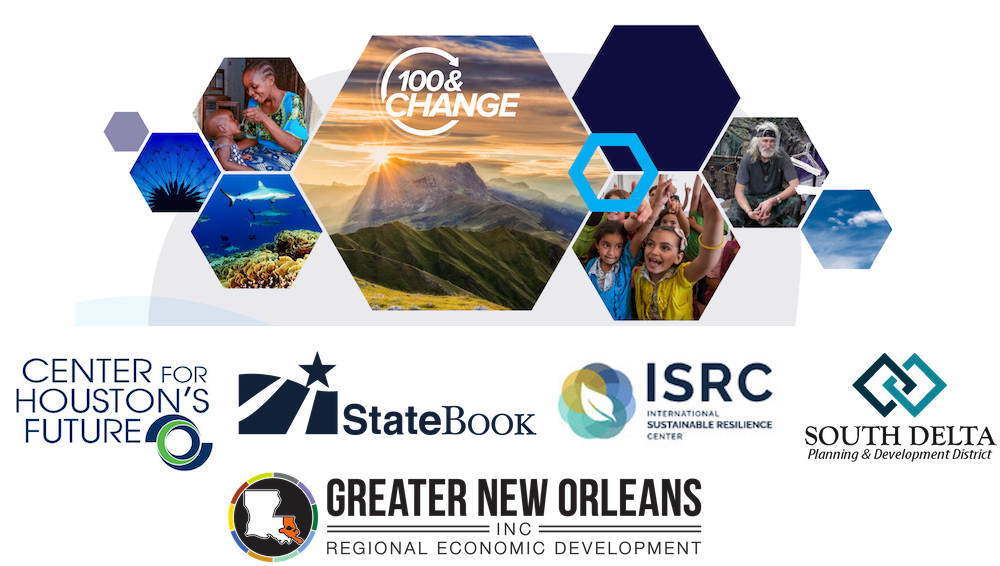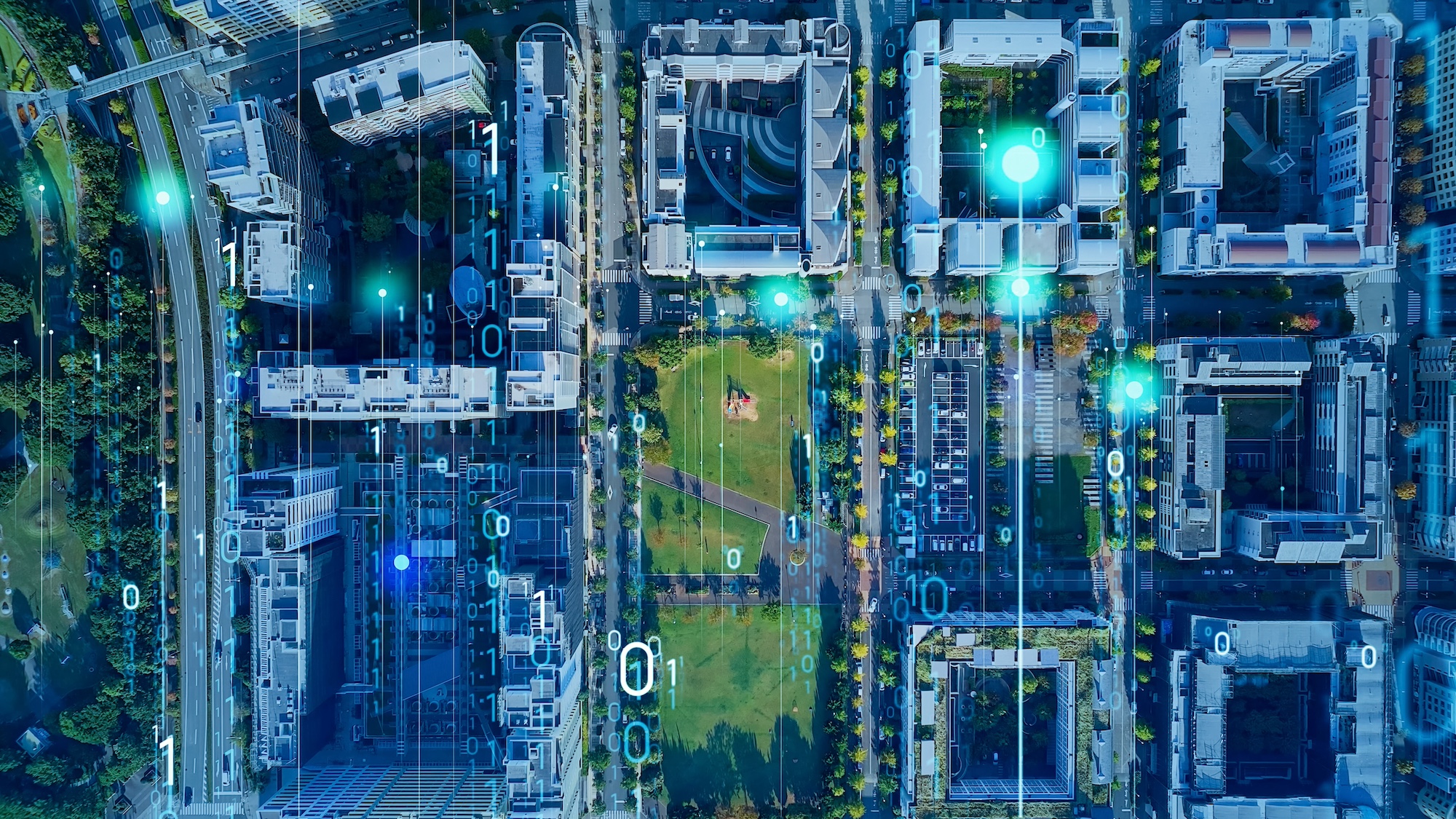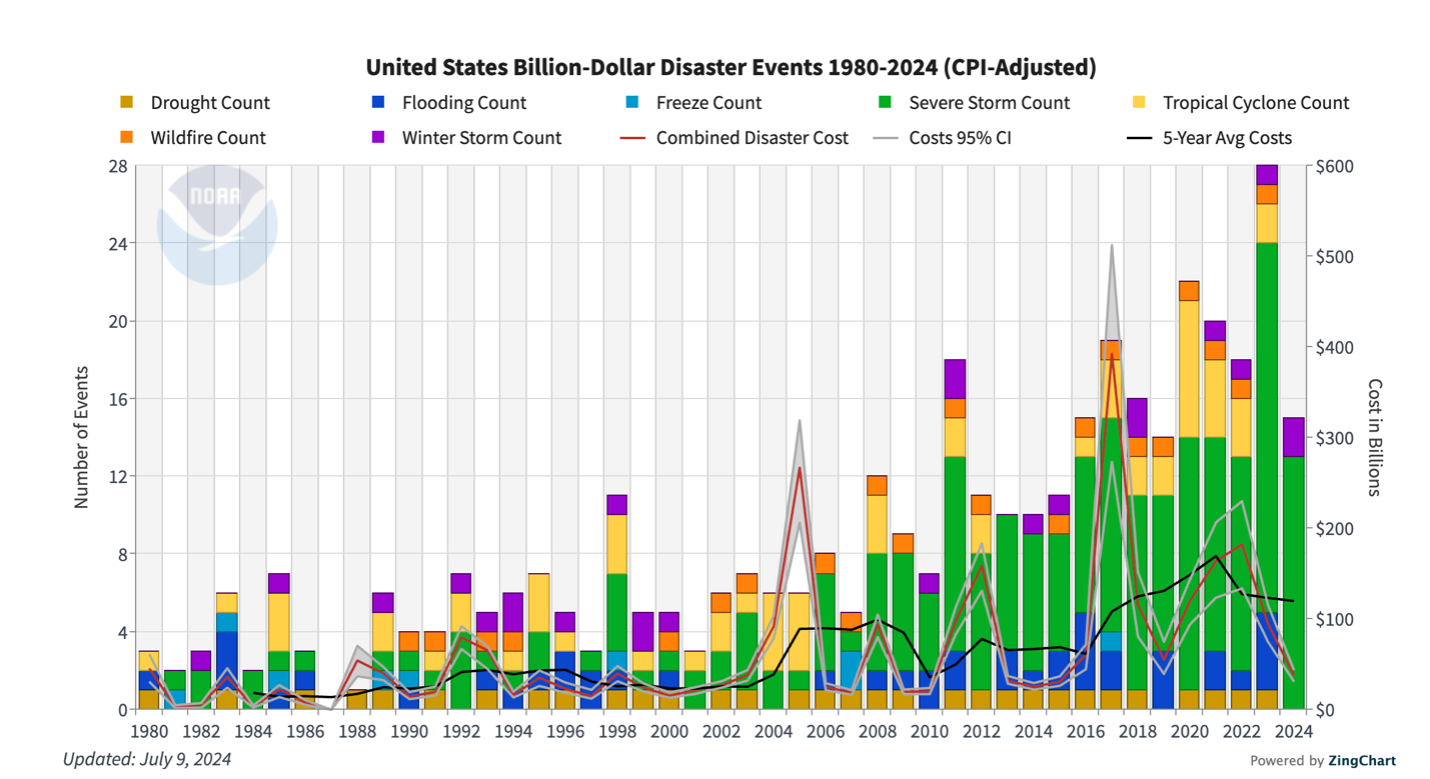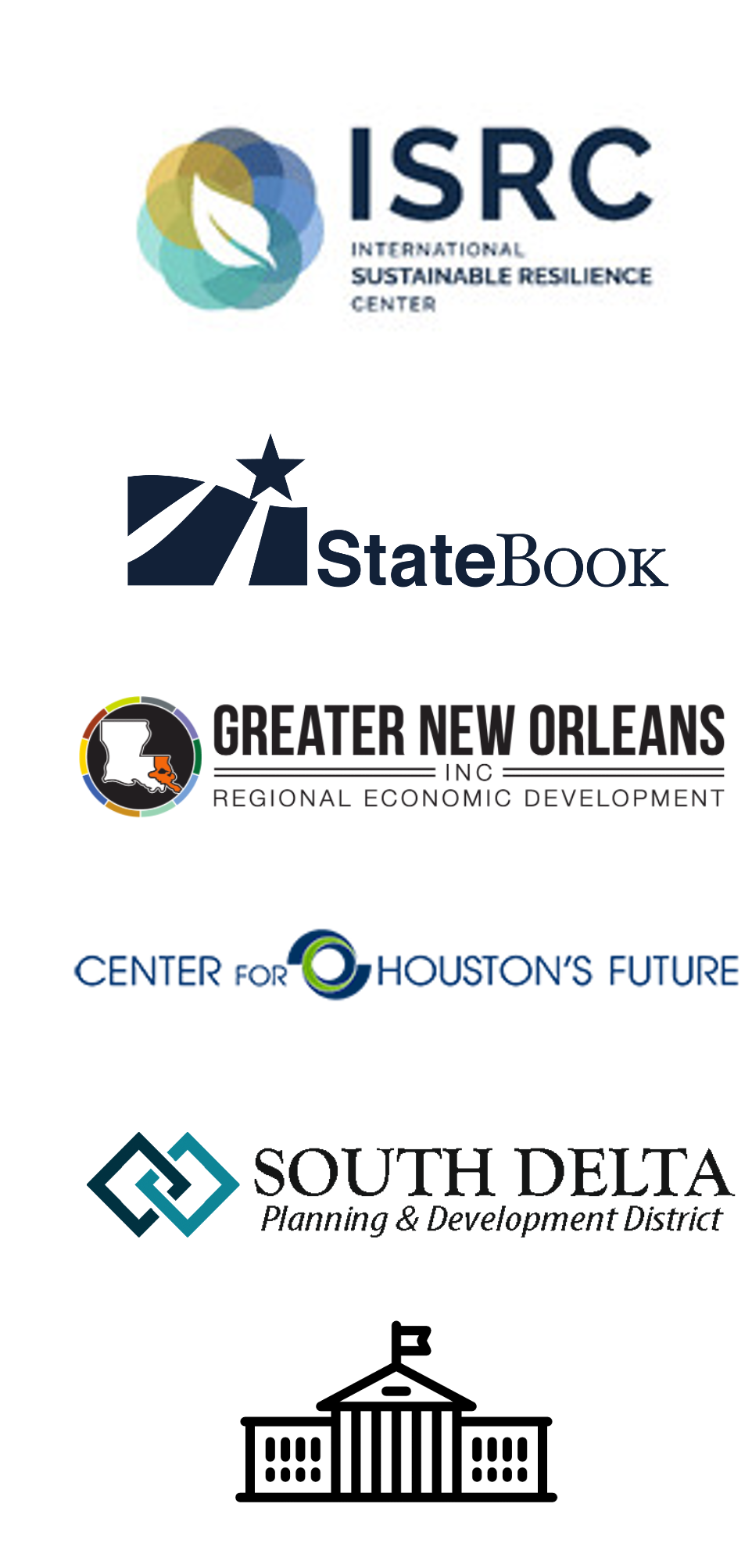ResilienceIQ™
Evidence-based technology solutions for building equitable community resilience


Layering digital twin technology with agent-based modeling and StateBook’s powerful data analytics enables us to analyze risk, identify optimal mitigation and adaptation solutions, and run scenarios to determine each solution’s cost-benefit and social, economic, and environmental impact BEFORE investments are made – then track and benchmark progress.

Empowering Front-Line Communities for Equitable Growth
Our publicly-available ResilienceIQ™ solution will integrate existing, powerful data, science, and technology into a single platform:
- Using agent-based modeling to assess risk/pinpoint optimal interventions.
- Providing scenario planning and cost-benefit analysis, enabling stakeholders to explore and evaluate potential responses to specific threats/hazards.
- Offering customizable modeling/simulation tools that accommodate each geographic region’s unique challenges, social and economic fabric, and natural disaster risks.
- Transparently tracks, benchmarks, and consistently reports actual impact delivered over time.

capacity and training them on how to use the technology to create evidence-based strategies, implement projects, and track and benchmark progress to ensure equitable, inclusive growth that is community-led and sustainable.

models enables community stakeholders to assess what the future holds with or without specific investments in adaptation and mitigation.
Our Team

ResilienceIQ™
Information Advantage for Community Resilience
